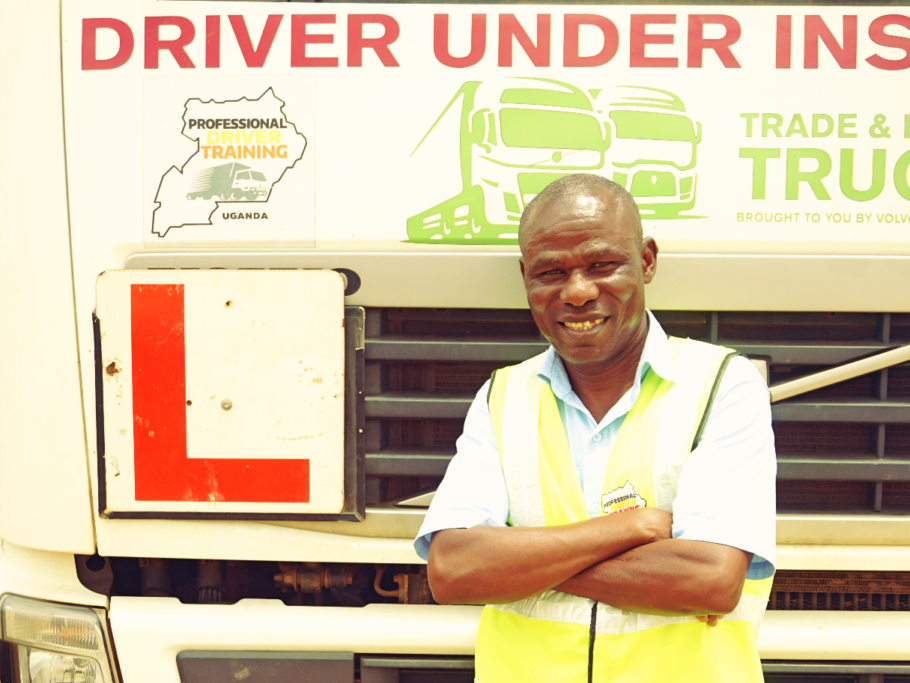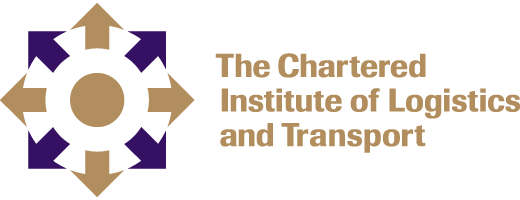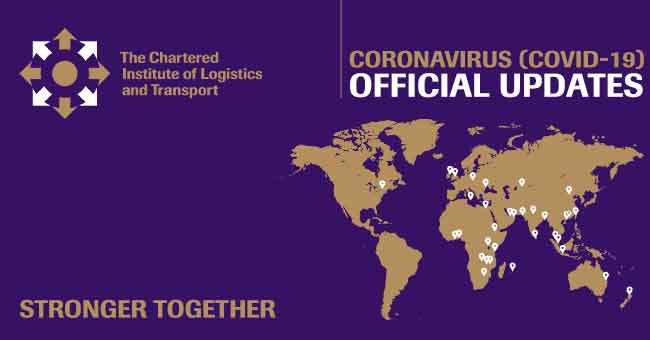The East African Community (EAC) Secretariat are reporting that passenger transport has reduced by approximately 50%, as countries within the region employ various restrictions to prevent the movement of people. Never have truck drivers been more visible, highlighting their role as essential workers in challenging times such as these. Africa relies heavily on the freight transport industry to keep supply chains functioning, and with a significant reduction in the number of international and regional cargo flights able to operate, there is increasing reliance on road transport operators.

Transaid has been working to improve professional driver training standards in the EAC since 2010 in both Tanzania and more recently in Uganda, having also supported the development of the EAC standardised curriculum for drivers of large commercial vehicles. While our practical driver instruction has paused due to the COVID-19 pandemic, we have been able to use this time to review and strengthen our training materials. In addition we’ve been working with our partners to develop a stronger understanding of the challenges that truck drivers are currently experiencing in order to integrate a response to the pandemic as part of our Professional Driver Training – Uganda (PDT-U) programme activities.
Uganda has taken a harder stance than many countries in sub-Saharan Africa to control the movement of people with little or no public transport in operation, and limited use of private transport permitted, an approach which up to now may be contributing to keeping the spread of the virus relatively under control. Truck drivers continue to operate despite the risk of exposure, and are under increased scrutiny particularly as many of the new cases of COVID-19 being found in Uganda are from long distance drivers entering the country. As a result there appears to be increasing levels of hostility towards drivers on various social media platforms.


In recent weeks governments across the EAC have responded by introducing a variety of different testing regimes at border crossings. There have also been restrictions introduced on the number of people in driver’s cabs, and in Uganda, truck drivers are banned from hotels and guest houses along their routes. Instead they are required to remain in their cabs at all times. Although there is no data as yet, one concern is that these restrictions could lead to drivers taking fewer rest stops, increasing the likelihood of fatigue. In addition, with fewer vehicles on the roads and less congestion, there is a worry that vehicles may be travelling at higher speeds possibly leading to an increase in the severity of road traffic incidents. Limited access to basic wash facilities could also affect drivers’ ability to regularly wash their hands in compliance with national guidelines.
While some employers are doing their best to take the necessary steps to sensitise their drivers, the daily rate of change in COVID-19 related messaging, as well as the nature of the job, where drivers are away from their base for days or weeks at a time, makes it difficult for them to stay informed and adjust appropriately to their changing work conditions.
Transaid are in advanced discussions with local partners, Safe Way Right Way, and government agencies to develop driver specific sensitisation materials to ensure that drivers and their employers have access to guidance on how to limit the threat of exposure. This will be combined with the distribution of basic equipment needed to ensure drivers are able to wash their hands and sanitise their cabs regularly, as well as washable and reusable face masks to minimise transmission. Finally, Transaid will link with transporter associations to partner in the delivery of regular, accurate and up to date sensitisation at driver hubs such as designated rest points and border crossings. This will only be carried out where safe to do so.
Read more about Transaid’s Professional Driver Training and Road Safety programmes.
Transaid transforms lives through safe, available, and sustainable transport. As an international development organisation that shares transport expertise with partners and governments, Transaid empowers people to build the skills they need to transform their own lives. Founded by Save the Children, The Chartered Institute of Logistics and Transport (CILT), and its Patron, HRH The Princess Royal, the international development organisation shares 25 years’ worth of expertise in 23 countries.
This is an example of a response from Transaid which we are sharing as part of our global best practice resource to help you think about and determine appropriate responses locally.

